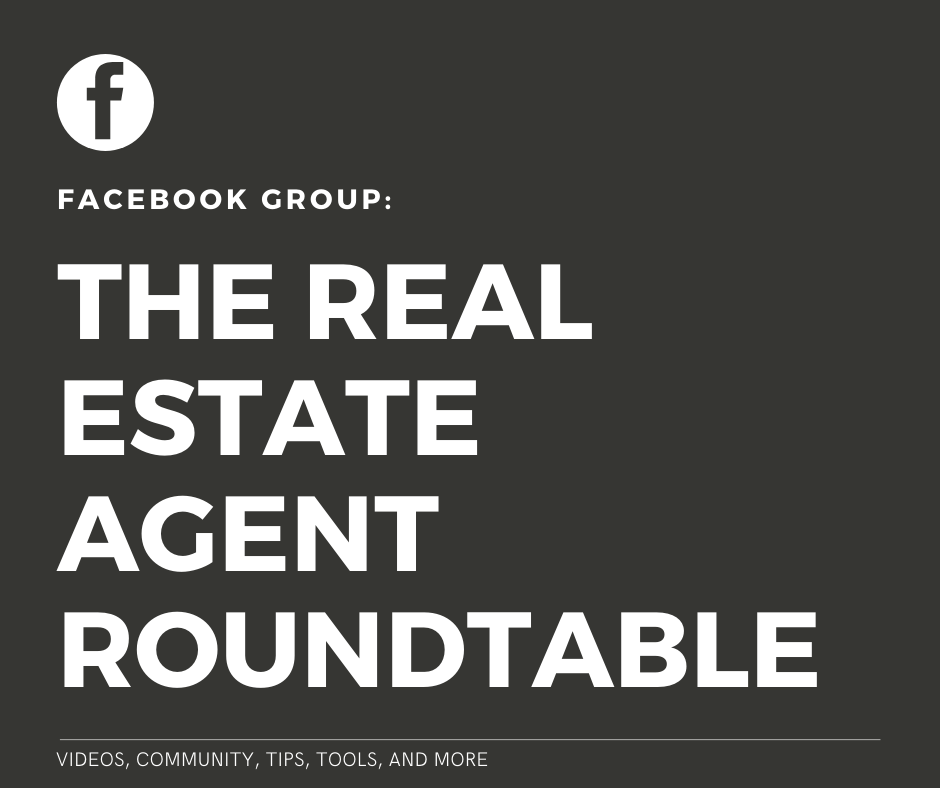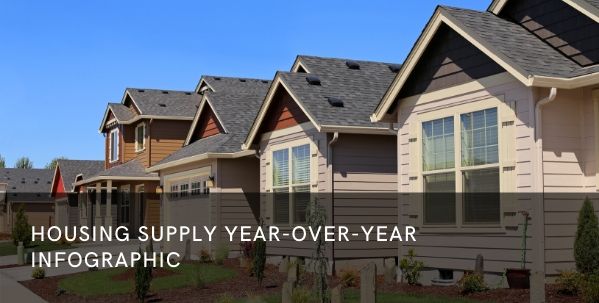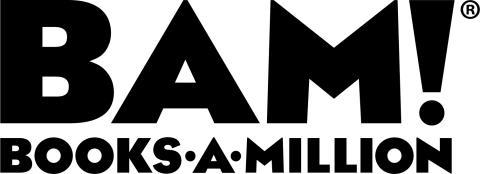The Big Question: “What’s going to happen to the real estate market during the coronavirus crisis?”
Let’s talk about the real estate market considering what’s happening with the coronavirus. We’re getting a lot of questions within our coaching company. Our coaches work with clients across North America and it’s a constant concern with all the changes happening in financial markets and the stock market.
As more and more people are sheltering at home and practicing social distancing, and as we experience the negative fall out with regards to the economy, people in the real estate industry are concerned with what’s going to happen to the real estate market during the Covid-19 crisis? And this isn’t just a question we are getting from real estate agents; we are getting this question outside the industry as well.
I’ve had a couple of media networks contact me today, trying to try to find out what’s happening in the real estate market considering the Covid-19 crisis. The question always is, “Do you know what’s going to happen with the market?” The answer to that question can be kind of confusing because the market itself needs to be defined. People ask, “How is the real estate market?” and it really depends on what type of market you’re talking about and what you mean by “the market.” Depending on what you’re talking about, the answer to that question could be good or bad.
Are housing prices going up or down?
Let’s first talk about the real estate market that I think the public wants to know about when they ask, “How’s the real estate market?” What they usually want to know is whether housing values, or prices, are going up or down. That’s number one right now, and even for the foreseeable future, I expect housing prices and values to go up. That is quite simply because of housing supplies.
The supply and demand market.
Supply and demand controls this market, and we will have some hits to the demand because people are going to lose their jobs. There will be some financial uncertainty. People are going to lose a lot of the value that they have in the stock market, so they are going to have less money to put down and are going to feel less comfortable buying a house. Demand is going to take a hit and that’s always the case.
That said, you’re also going to see a lot of people shift out of the stock market and out of other investments and into the safety of real estate, and that’s already happening in big numbers from institutional buyers like hedge funds and real estate trusts. They are moving all their money into the to the real estate market, and those people don’t just buy one or two houses – those are people buying hundreds and thousands of residential doors out there. So, you’re seeing these investors move into real estate, which is increasing demand.
What about supply?
What’s even more important than demand is supply. Before the whole coronavirus crisis started, supply was at historic lows. We had almost no housing inventory – nothing to buy in most areas of the United States and Canada. If you were a buyer, you were fighting to get a house. You’re putting an offer in with multiple other offers. There was just no inventory to begin with, and now that’s even getting worse because as we’re doing more and more social distancing, fewer homeowners are wanting to sell. They’re keeping their houses off the market. You’re just going to see a tightening of inventory there, or less and less supply, in the market despite this demand we talked about.
So, supply and demand stays out of whack. As demand increases, it’s always going to drive up the supply, and as the supply continues to decrease as we get deeper and deeper into this crisis with fewer and fewer people wanting to let strangers in their homes by putting it up for sale, you will see prices be driven further up. That’s why when we talk about that type of real estate market, the one the public is more interested in, it is going up.
The market around sales volume.
The second market that we as real estate agents, broker owners, and team leaders need to remember and consider is the market around sales volume. This is the amount of sales volume that is transacted. That can be very different. Likely as we move deeper and deeper into this crisis, there will be fewer and fewer sellers putting their houses on the market, and because of that there is less opportunity for buyers to purchase them.
If that gets very low because people choose social distancing and choose to hole up into their homes until after this is over, there’s only so many homes they can purchase. This means there will be fewer sales, so the sales volume is going to drop, which affects the total amount of commissions that are available for real estate agents to earn. It is going to be reduced significantly.
Prices are up but commission is down.
Fewer commission dollars means less income during this short period. That’s the reality of this. We must remember that the market can be going up with regards to prices but for sales volume it can be very low. It’s really easy to see how that works if you take a neighborhood of a thousand homes and you have one house that goes up for sale, maybe at a high price, and then you have three or four buyers go after it and one of them buys it a nice high price.
Now we have a comparison sale that appraisers can use that will increase the value of all the homes in that neighborhood zone. The home values and prices in that neighborhood have increased. Yet, only one sale was conducted in two months, let’s say, so the volume is down. Agents that are making a living in that area are not making much money except for the one guy who sold that house. Maybe the buyer and the seller side of it.
Is this what happened in 2007-2009?
Home values are still going up, so price is going up, but volume is going down, and that’s what we’re looking at. It’s very different from what happened in 2007-2009. We still had a lot of sales – people were selling lots of REOs, foreclosures, and short sales. People were panic selling. It was hard to sell listings. There weren’t that many buyers but there were so many listings. There was a lot of fuel for the fire, and still buyers were buying up investments, flippers were buying up property, so there was still lots of commission changing hands. This situation in 2020 is a little bit different because there is less inventory, and less inventory means a low sales volume.
Why does the difference between these two “markets” matter?
That’s why we’re really working with our clients here at Icenhower Coaching & Consulting on this important idea. I want to make sure that they know how their income could be strained over a two- to five-month period. We need to cut our excess expenses. Don’t make the big purchases. Cut out vacations. Maybe at the end of the year you can take that break. And we’re going to have to double down on work.
We need to generate a lot of leads during this coronavirus crisis so that when people do peek their heads out of their houses again, we are taking these listings because we’ve got huge pipelines full of listings and buyers. This means that we may have a very slow spring and summer, but we really want to have a very record-breaking late summer and fall because we have built up a pipeline to do to these sales during the low sales volume market that we’ve been in.
Educate your clients.
So, it is important to keep all this in mind. Know the difference between the industries because you’re going to hear a lot of misinformation out there and so are your clients. It would not surprise me in late spring or early summer for the media to start saying, “the real estate market is crashing because sales are low.” The public is going to hear that and think, “The values are crashing and it’s a terrible time to buy.” Well, no, that’s the sales volume that is low. There aren’t a lot of sales.
Believe it or not, your home’s value is up. You can still get a lot of value if you sell your home right now. And if you buy a house it’s still safe, we’re going to continue to see houses go up in value. We as Realtors must make sure we understand that difference, because the media does not. They’re terrible at understanding and explaining that, and we’ve seen that many times in the past. We’re about to see it throughout this summer because they confuse these two types of markets.
Always keep your clients informed – provide them with education like this and you will be sewing the seeds that you can harvest this fall!





















